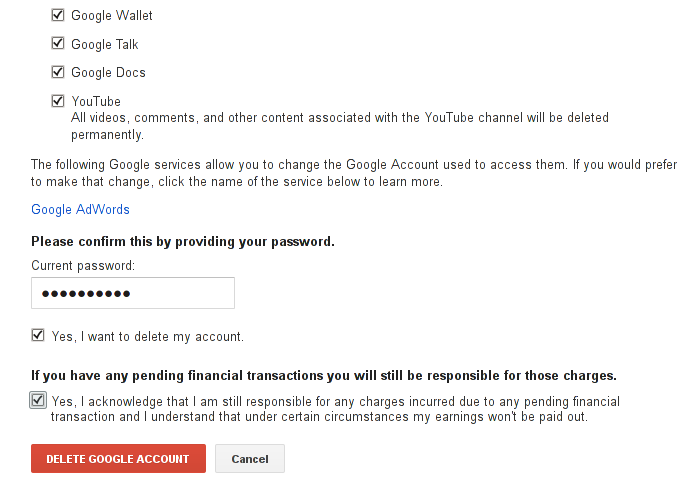I’ve had my Jolla phone for a little over a week now and I’ve completely switched off my Android phone. Time to see how well things are going!
Some native applications I had to grab from alternative sources:
I had to install both on the terminal using rpm: devel-su rpm -i package.rpm. You can execute this either on the built-in terminal application or by SSHing into your phone. The SSH server is built right into Sailfish, by the way, all you need to do to get it is to enable developer mode in phone settings. It even helpfully tells you its own IP.
For some things, no native Sailfish applications exist and so I had to take the second-best option, running Android apps. These were:
- aCal, a CalDAV-compatible calendar client. Jolla’s own calendar does not have CalDAV support yet.
- K-9 Mail, a very good email client for Android. Jolla’s own client had many issues, especially problems sending SMTP messages and sorting things into IMAP folders. K-9 is a time-tested alternative.
- Mozilla Firefox for Android. The built-in browser for Jolla is okay, but things like double-tap to zoom and reflowing of text don’t work well yet. Text would often run off the edge of the page, and because I read a lot of text-heavy pages, that won’t do.
- TTRSS Reader, a reader application for Tiny Tiny RSS, my web-based RSS feed reader. A port of a native Harmattan app to replace this is planned, and I’m bribing the author with beer.
All the Android applications I use are Free Software and can be obtained through F-Droid, an app store for Free Software on Android. F-Droid works very well on Sailfish OS. It actually updates and downloads faster than on my old Samsung Galaxy.
I mentioned a terminal earlier: FingerTerm, which comes packaged with Sailfish as terminal emulator, is excellent. I’d say it’s better than ConnectBot as it crams a full keyboard with arrow and meta keys into only the lower half of the screen. FingerTerm also appears to be a Harmattan port, and another very good one.
What’s still missing for me
Apart from the things mentioned above, I miss offline navigation and a good ebook reader. I don’t really read ebooks, but sometimes it’s nice to have a copy of the paperback I’m reading on some portable device in case I unexpectedly have to wait for something and don’t have my book with me.
To fill that gap, I’m sure FBReader could be ported. There is actually a Meego port for Harmattan, but it’s beta and from 2011. For offline navigation, I would like to see something that uses OpenStreetMaps data. On Android I was using OsmAnd for that. On Sailfish I haven’t installed any maps system yet — I will probably use the one from Jolla for now, even though that’s online-only.
Conclusion after one week
Am I happy with my new phone? Yes, very! The software side mentioned above isn’t everything: I get around 3 – 4 days of standby time from one charge. The screen is just the right size for me to get everywhere with just one thumb, and the Sailfish UI helps with that. Some of the gestures take a little getting used to, but all in all the learning curve isn’t bad. The thing is fast despite having a “slow” 1.4 GHz processor. I guess it’s the native apps that make all the difference.
I wouldn’t recommend the phone for non-nerds at this time, but as a geek thing, it rocks. The developer community is slowly getting up to speed with the new Sailfish stuff as well, so give them half a year to fill some gaps. It also made me consider picking up C++ again. After all, if you can program for Sailfish, you have C++ and Qt knowledge, something that might land you a few jobs not just in the mobile industry.
I’m also waiting to see what can be accomplished with The Other Half, the removable back cover of the phone that could potentially give it endless expansion possibilities (hardware keyboard, proper digital camera module, barcode scanner…). No other phone has this, and people have already made all sorts of hardware hacks for it.
Finally, I really want a Finnish phone to succeed. I had a decade-long love affair with Nokia phones, and every time I bought a non-Nokia phone it ended up being a disappointment. Of course this was in the era of black and white LCD screens and antennas poking out of the phone case. But those Finns did so many things better than the competition. I hope some of them now work at Jolla and that they’ll bring us the same level of polish.
The Jolla phone is already selling better than the iPhone 5C and 5S in Finland. The future seems bright!
